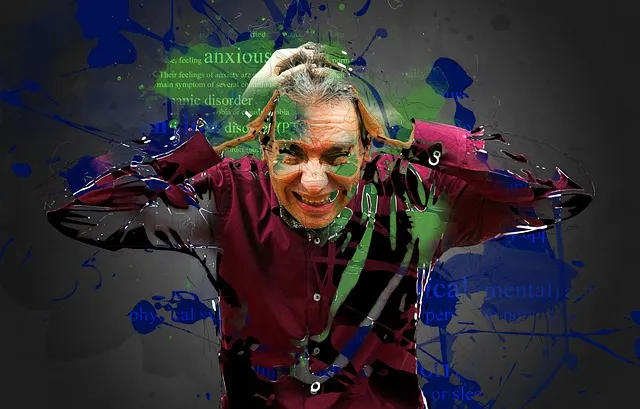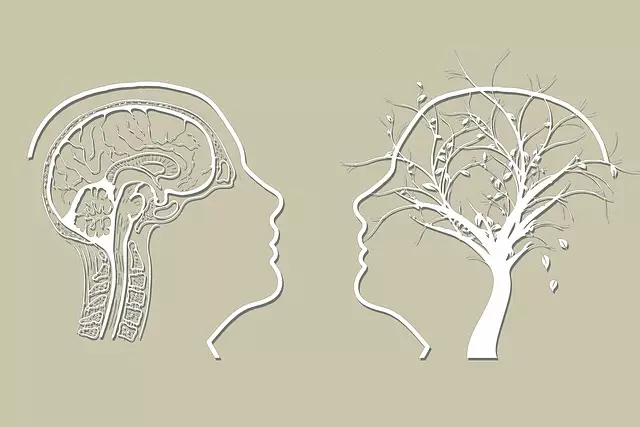Kaiser Permanente behavioral health centers prioritize superior social skills training to enhance mental wellness. Through evidence-based programs, tailored role-playing, group discussions, and mindfulness exercises, these centers empower individuals with improved communication, empathy, and conflict resolution skills. Their holistic approach leverages cultural sensitivity, community outreach, and mental wellness journaling to foster resilience and supportive relationships within local communities. Kaiser Permanente's commitment ensures patients receive personalized, inclusive care that promotes emotional well-being and advocates for better mental health services.
Social skills training is a powerful tool for managing mental health conditions. This comprehensive guide explores the intricate link between social interactions and well-being, highlighting the significant role of organizations like the Kaiser Permanente Behavioral Health Center in providing specialized training. We delve into effective strategies to enhance social skills in a supportive setting, empowering individuals to navigate relationships and improve their overall mental health with the superior support of dedicated centers.
- Understanding the Connection Between Social Skills and Mental Health
- The Role of Kaiser Permanente Behavioral Health Center in Training
- Practical Strategies for Developing Social Skills in a Supportive Environment
Understanding the Connection Between Social Skills and Mental Health

At a Kaiser Permanente behavioral health center, superior social skills training is recognized as a crucial component in managing and improving mental health conditions. The connection between social skills and mental wellness is profound; effective communication, empathy, and conflict resolution techniques are not just essential tools for navigating interpersonal relationships but also integral parts of the emotional healing processes. By teaching individuals these skills, behavioral health centers like Kaiser Permanente aim to empower them to build stronger connections, reduce social isolation, and ultimately foster a sense of belonging.
This holistic approach acknowledges that mental health is deeply intertwined with our social interactions. Poor social skills can exacerbate symptoms of various conditions, while robust social support networks have been shown to promote resilience and recovery. Through tailored programs, Kaiser Permanente helps individuals develop the confidence and expertise needed to engage in meaningful conversations, resolve conflicts peacefully, and form supportive relationships—all contributing factors to a more balanced and satisfying life.
The Role of Kaiser Permanente Behavioral Health Center in Training

The Kaiser Permanente Behavioral Health Center plays a pivotal role in fostering mental health awareness and accessibility through comprehensive training programs. This leading healthcare center has made significant strides in addressing various mental health conditions, offering specialized services tailored to individual needs. Their expertise lies in providing effective interventions and evidence-based practices, ensuring that patients receive the highest quality care.
One of their notable contributions is integrating Cultural Sensitivity in Mental Healthcare Practice, recognizing the importance of diverse cultural backgrounds in therapeutic settings. The center offers training on navigating different cultural perspectives, enabling healthcare professionals to deliver more inclusive and compassionate care. Additionally, they facilitate the Community Outreach Program Implementation, connecting with local communities to promote mental wellness through educational initiatives and support groups. Furthermore, the center guides individuals through Mental Wellness Journaling Exercises, providing a space for reflection and self-exploration to enhance overall mental health and resilience.
Practical Strategies for Developing Social Skills in a Supportive Environment

At a Kaiser Permanente behavioral health center, superior social skills training programs prioritize creating a safe and supportive environment where individuals with mental health conditions can practice and develop essential interpersonal abilities. These programs often incorporate practical strategies such as role-playing scenarios, group discussions, and mindfulness exercises tailored to address specific challenges faced by participants. By fostering open communication and empathy among peers, these centers promote emotional well-being promotion techniques that empower individuals to navigate social situations with increased confidence and resilience.
Moreover, the training curriculum may include stress reduction methods adapted from evidence-based practices, ensuring a holistic approach to mental health care. Through collaborative efforts and Mental Health Policy Analysis and Advocacy, Kaiser Permanente behavioral health centers strive to create inclusive spaces that not only enhance social skills but also encourage advocacy for better mental health services in the community.
Social skills training, facilitated by centers like the Kaiser Permanente Behavioral Health Center, plays a pivotal role in enhancing mental well-being. By understanding the intricate link between social connections and mental health, this training empowers individuals to navigate social environments with greater confidence. The superior approaches employed by these centers create a supportive environment, enabling participants to develop essential skills that foster meaningful interactions and overall resilience. Through practical strategies, folks can overcome challenges associated with mental health conditions, leading to improved quality of life.






